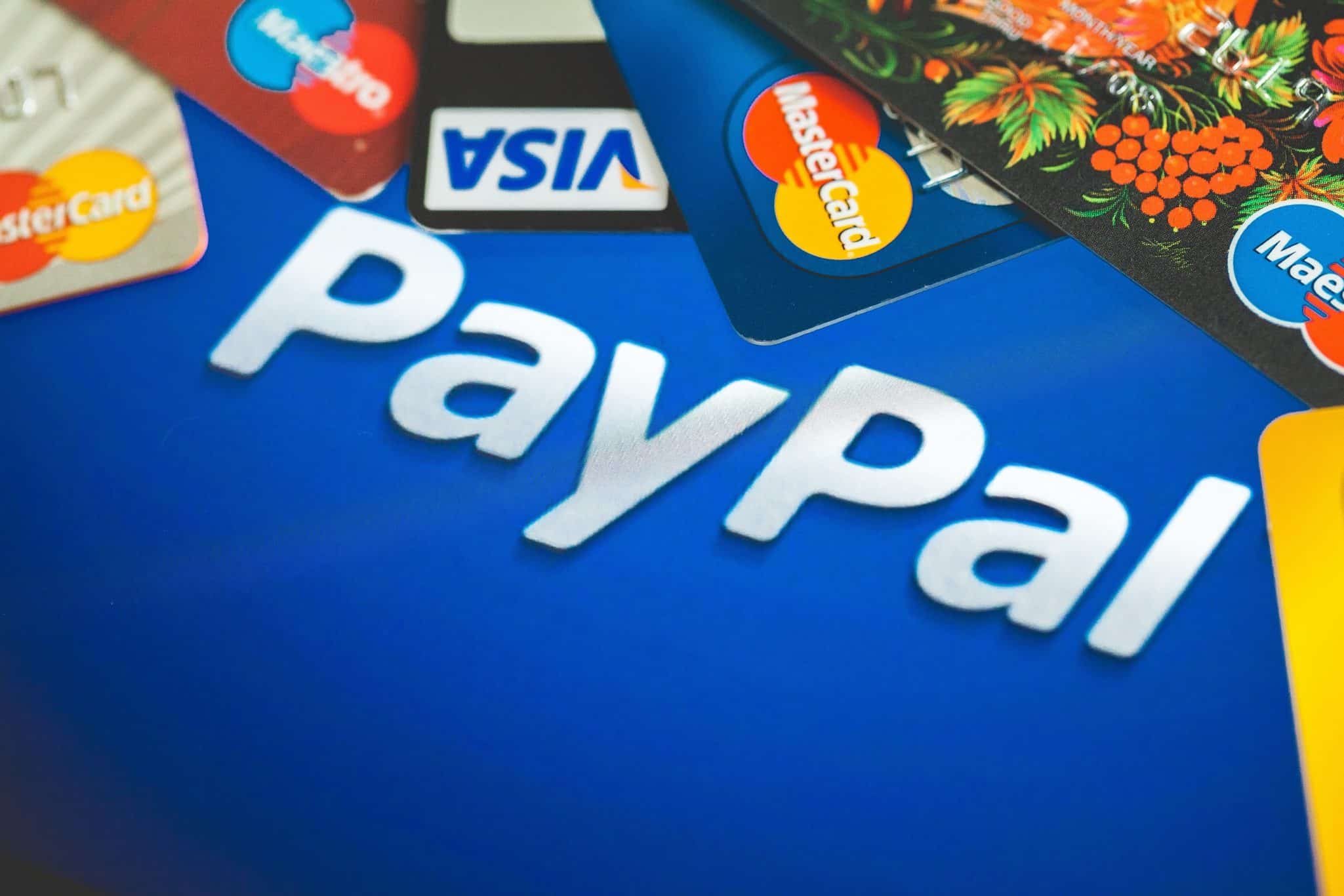If you use PayPal as a payment processor for your eCommerce business or for selling online, chargebacks and disputes should be in your vocabulary. Either a chargeback or a dispute will occur when an unhappy customer tries to secure a refund from your business. Therefore, you should know how to deal with either situation in the event it occurs.
What is a PayPal chargeback?
A chargeback is a term used to describe when a buyer asks their credit card company to reverse a transaction. The purpose of chargebacks is to help prevent fraud or unfair business behavior, so a buyer would need to indicate that the payment was taken without their consent or in violation of the terms of sale. Buyers have 120 days from the date of purchase to request a chargeback.
As a result of the buyer contacting their bank, PayPal doesn’t get the final say on whether or not a chargeback is legitimate. However, they can collect information about the relevant transaction to help resolve the chargeback.
PayPal chargebacks can occur for a range of reasons, from genuine motivations on the part of cardholders to more nefarious ones like scams and friendly fraud. One example of PayPal scams involves overpayments made using Paypal; the “customer” will receive a refund from both the seller and PayPal. This can be a significant blow to an eCommerce business.
In these cases, it becomes the responsibility of the seller to prove that a service was used or bought by the customer. If the card issuer fails to do so, the card issuer will refund the customer, leaving the seller on the hook for loss of product and revenue.
What is a PayPal dispute?
According to PayPal, disputes generally fall under three categories:
- Item not received (INR) - When a customer has paid for an item but doesn’t receive it.
- Item significantly not as described (SNAD) - When a customer receives an item that doesn’t meet their expectations.
- Unauthorized transactions - When a customer does not recognize a transaction.
What happens after a PayPal dispute occurs
Once a dispute has been raised by a customer, PayPal will hold the transaction amount until the dispute is resolved. This is also known as a reserve, where you’re unable to use or withdraw the value of a transaction.
This allows the buyer and seller time to communicate and resolve the issue. Both parties have 20 days to resolve the issue. If this can’t be achieved, either party may escalate the dispute to a claim. If a claim is not lodged within 20 days, the dispute is closed in favor of the merchant. When a claim is lodged, evidence will be collected from both the buyer and seller and PayPal will then either refund or process the transaction.
A successful PayPal dispute claim for a seller would entail providing adequate documentation that addresses the customer’s reason for the dispute; identity verification records, shipment tracking, and delivery confirmation are all records that can help with this.
However, PayPal does offer seller protection which protects against claims, chargebacks, or reversals as long as you have proof of transactions and are eligible.
How to protect against Paypal chargebacks and disputes
One of the best methods you can implement to protect against chargebacks and disputes is to have a proactive approach when it comes to collecting evidence. Before and after any items are delivered, make sure to keep a record of all communication, including delivery addresses and contact details used.
This can all be used at a later stage to provide a defense if needed. It’s also important to stay wary of unusual transactions or requests as they may later develop into a scam or fraud attempt.
Another way you can deal with disputes or chargebacks is to focus on communication with the customer. Highlight any issues with what may have gone wrong and attempt to fix those as best as you can. This may help prevent future chargebacks but may also help avoid prolonging disputes.
Chargebacks and disputes are both causes of concern for any eCommerce business. They signify that something has gone wrong in the relationship between the buyer and seller. However, they differ in severity, as a dispute can allow you to rectify the situation, whereas a chargeback will require more evidence to defend against successfully. Additionally, PayPal will charge up to $20 in processing fees for a chargeback, whereas there are no processing fees applied in the case of a dispute.
Bottom Line
It is clear to see how Paypal chargebacks and disputes can have a big impact on eCommerce businesses. The risk of losing out to false claims can result in unnecessary losses to a business. This is where Justt can help. Justt uses automation and machine learning technology to eliminate the costs you face handling chargebacks. Additionally, the company relies on a pay for success model that minimizes the financial risk faced by merchants.








